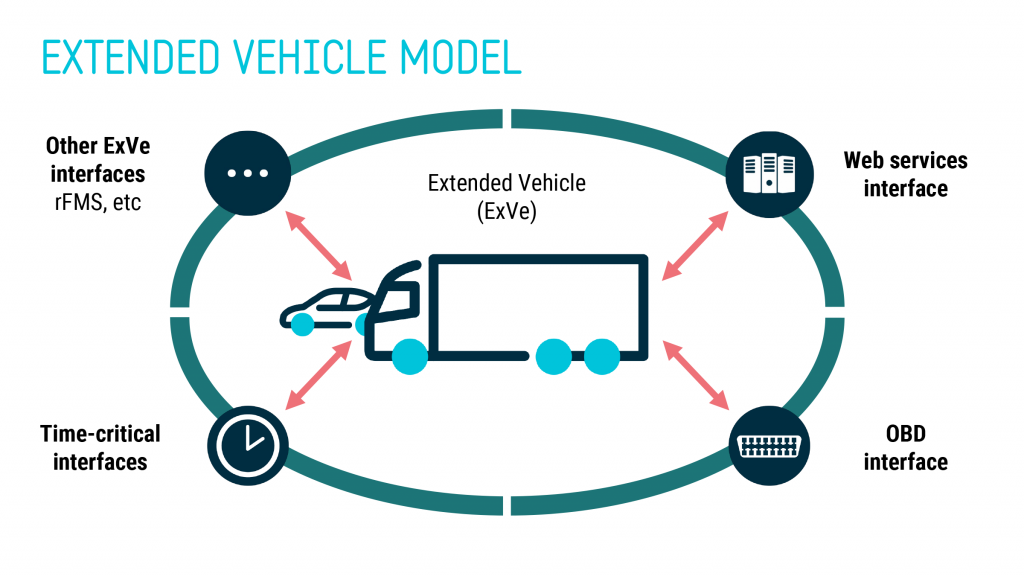Position paper – Proposal for a Data Act

In February 2022, the European Commission unveiled its proposal for a Data Act. This proposal sets out horizontal principles aiming at ensuring fair data access and use, as well as empowering consumers to remain in control over their data.
The European Automobile Manufacturers’ Association (ACEA) supports the Commission’s ambition to put consumers at the centre of the data-sharing process and to achieve fair, reasonable, and non-discriminatory access to data across all sectors of the data economy.
Already today, ACEA’s members make vehicle-generated data available for third-party services, in adherence with the objectives of the European Commission’s proposal. Data is shared in a manner that meets the customer’s usage choices – while also ensuring the protection of the consumer’s personal data and the safety and (cyber)-security of the vehicle and its occupants.
Vehicle manufacturers agree with the Commission that customers need to give permission to allow third-party access to data, and that they should always remain in control of data sharing. In that respect, ACEA is pleased to note that many of the principles laid down in the Data Act echo the recommendations already made by vehicle manufacturers in ACEA’s position paper on access to data.
However, ACEA is concerned that some of the provisions of this proposal for a Data Act go too far by imposing requirements that are simply unworkable. Such requirements will not deliver on the objectives of securing consumers’ rights on their data and establishing a flourishing data economy in the EU. Instead, they will create legal uncertainty as to how business-sensitive data will be handled and further shared once it is disclosed. This will likely have a discouraging effect on the quantity and quality of the data that businesses gather and process, thus contradicting the Commission’s intention to promote the European data economy.
The Data Act should not become a regulatory obstacle for European companies to grow and invest in high-quality data generation. Instead, it should lay down basic principles in key areas to safeguard fair and non-discriminatory access, technology neutrality, customer choice and – above all – people’s safety and security.
ACEA therefore calls on the European Parliament and the Council to clarify this legislation to ensure that the principles it lays down are served by requirements which facilitate data sharing. These requirements should be based on the principles of fairness, transparency, proportionality, reasonableness, and non-discrimination.
The Data Act should not become a regulatory obstacle for European companies to grow and invest in high-quality data generation.
Downloads
Copyright notice
Reproduction of the content of this document is not permitted without the prior written consent of ACEA. Whenever reproduction is permitted, ACEA shall be referred to as source of the information. Quoting or referring to this document is permitted provided ACEA is referred to as the source of the information.


